What medals mean for Swiss sports
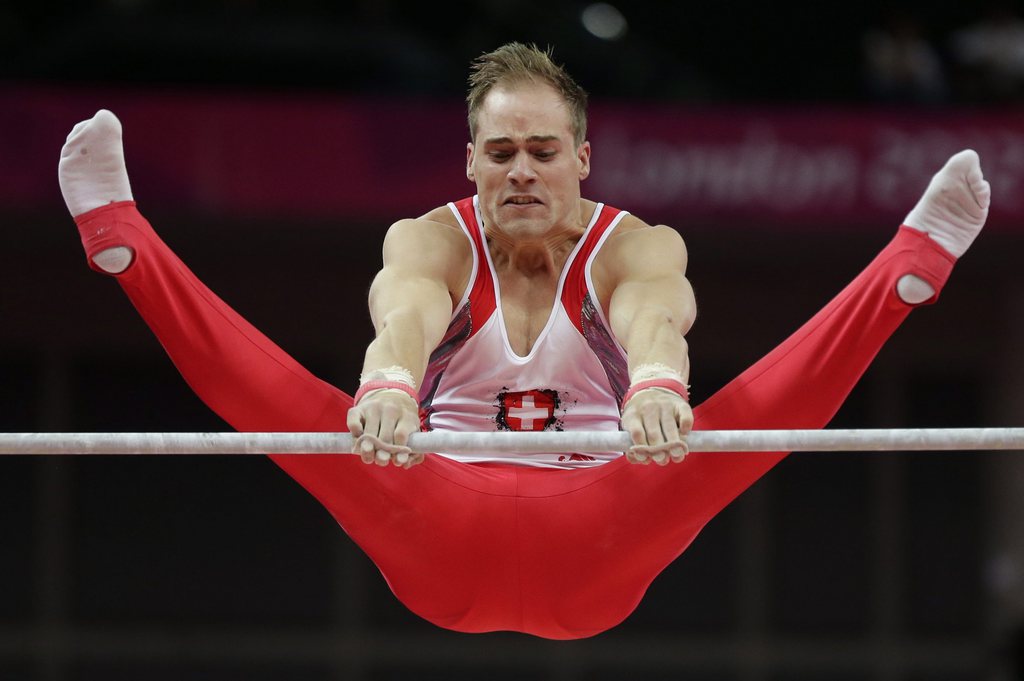
The underperformance of some Swiss athletes at the London Olympics has led the media to question how funding of those sports will be affected. But a spokesman for sports funder Swiss Olympic downplayed those worries.
The national Olympic association had set a target of “five to seven medals. Now we have three. We still have medal candidates like our mountainbikers,” Christof Kaufmann told swissinfo.ch this week, challenging the use of the term “disappointing” to describe Switzerland’s performance before the Games end.
But Swiss sporting organisations are apparently already worrying about their futures. This angst was highlighted in an opinion piece titled “No Gold, No Money” in the latest edition of the SonntagsZeitung newspaper.
Being downgraded and receiving less money “would mean major problems for our financing”, Werner Augsburger, director of Swiss Volley, told the paper.
Distribution
The money used to finance elite sports in Switzerland is reapportioned every four years following the Olympic Games.
Of the SFr18-19 million ($18.4-19.4 million) given to sports each year, roughly a quarter – SFr5 million – is distributed based on a range of criteria such as results at the Olympics, World and European championships, promotion of youth sports and economic relevance. Media consumption, major events in Switzerland, how many nations and how many people in Switzerland are practising a particular sport are also taken into account.
“The results of the Olympics are an important part of this degree system,” Kaufmann acknowledged. If teams “don’t make good results at the Games, it’s possible that they will get less money”.
However, following recent changes to the Swiss Olympic system, the majority of the money – SFr12.5 million – will be distributed based on potential.
“So it’s less looking back at the results and more looking at the future and looking at the potential the sports have,” he said.
Concerns
Yet sporting organisations appear to be worried. The Swiss Gymnastics Federation reckons it will have to do with less money next year, spokeswoman Renate Ried told swissinfo.ch.
Four years ago, artistic gymnast Ariella Kaeslin placed fifth in the vault final. This year’s medal hopeful, Giulia Steingruber, did not qualify for the vault finals due to a fall, although she placed 14th in the all-around finals.
The trampolinists failed to qualify for the Olympics. The rhythmic gymnasts might have attended, but the host team decided to take the last spot.
Other sources
How much of a sport’s budget is covered by Swiss Olympic depends on the federation.
“For some it’s more than half, and for others it’s less, much less,” Kaufmann said.
The rest is generally covered by membership fees and sponsors.
While beach volleyball is not an expensive sport, “private sponsors are really important”, Philippe Saxer, technical director of Swiss Volley, told swissinfo.ch
The volleyball players tend to have a lot of small sponsors, and Swiss Volley still relies on traditional media like television and print to improve the athletes’ profiles, he said.
Kaufmann stressed that “it’s so different from sport to sport. The ski federation – I think they raise more than SFr30 million in sponsor fees every year. They work really professionally and they’ve got TV coverage. But for smaller sports like fencing it’s so hard to find sponsors”.
Olympic boost
Every national sporting organisation – and every country – is interested in improving its athletes’ performances. One sure way to do this is to host the Olympic Games.
Over the past four years, Britain has invested an estimated £300 million (SFr460 million) in Olympic and Paralympic sport. So far this summer, British athletes have earned 24 gold medals in the first 225 of 302 total medal events.
On Thursday, Germany’s Michael Ilgner, head of the Sporthilfe foundation, announced Germany was interested in hosting future winter or summer Olympics in order to give sports in Germany a boost.
Switzerland’s Kaufmann agreed. “Countries that host the Games make a huge jump in sports promotion in the run-up to the Games. In part, that’s also a reason we would like to host the Olympic Winter Games in Switzerland in 2022.”
Switzerland was represented at the 2012 Olympic Games in London by 102 athletes in the disciplines archery, artistic gymnastics, athletics, badminton, beach volleyball, BMX, kayaking, cycling, equestrian sports, fencing, football, judo, mountain biking, rowing, sailing, shooting, swimming, synchronised swimming, tennis, triathlon, wrestling and windsurfing.
Each year, Switzerland spends about SFr18-19 million on sports. In comparison, Australia, whose population is nearly three times that of Switzerland, spent $A210 million (SFr216 million) in preparation for the 2008 Olympic Games and about $A300 million in the four years leading up to London.
Australia won 16 gold medals when it hosted the Games in Sydney in 2000, 17 in Athens in 2004, and 14 in Beijing in 2008. Switzerland won one gold medal in Sydney, one in Athens and two in Beijing.

In compliance with the JTI standards
More: SWI swissinfo.ch certified by the Journalism Trust Initiative

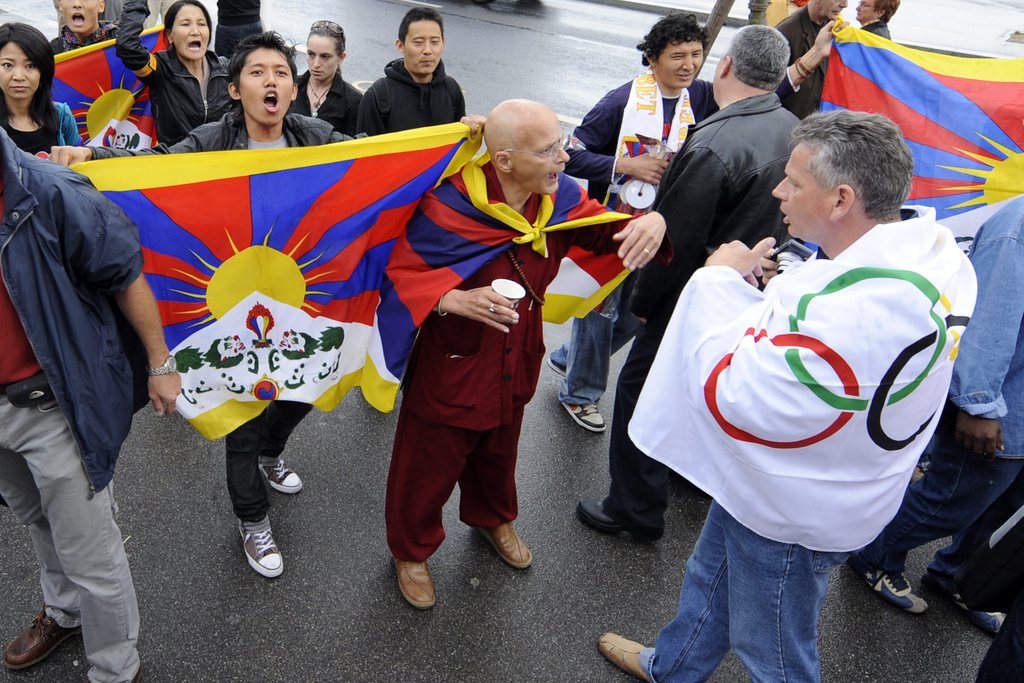
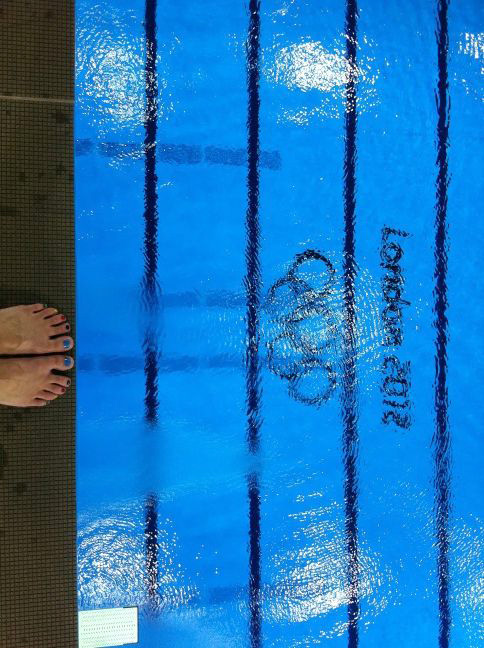
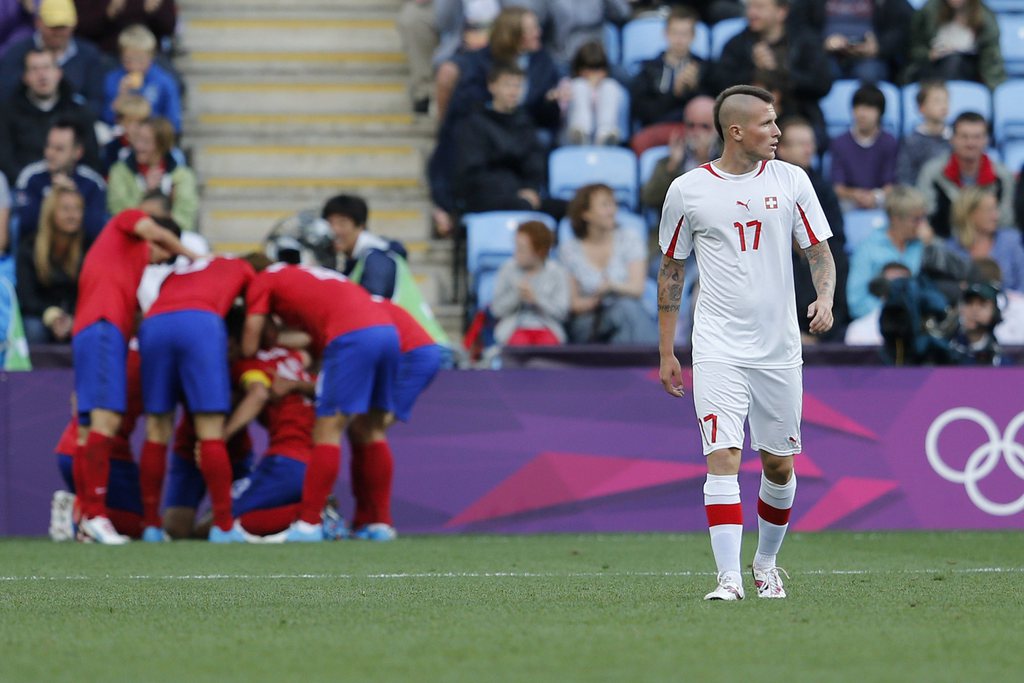
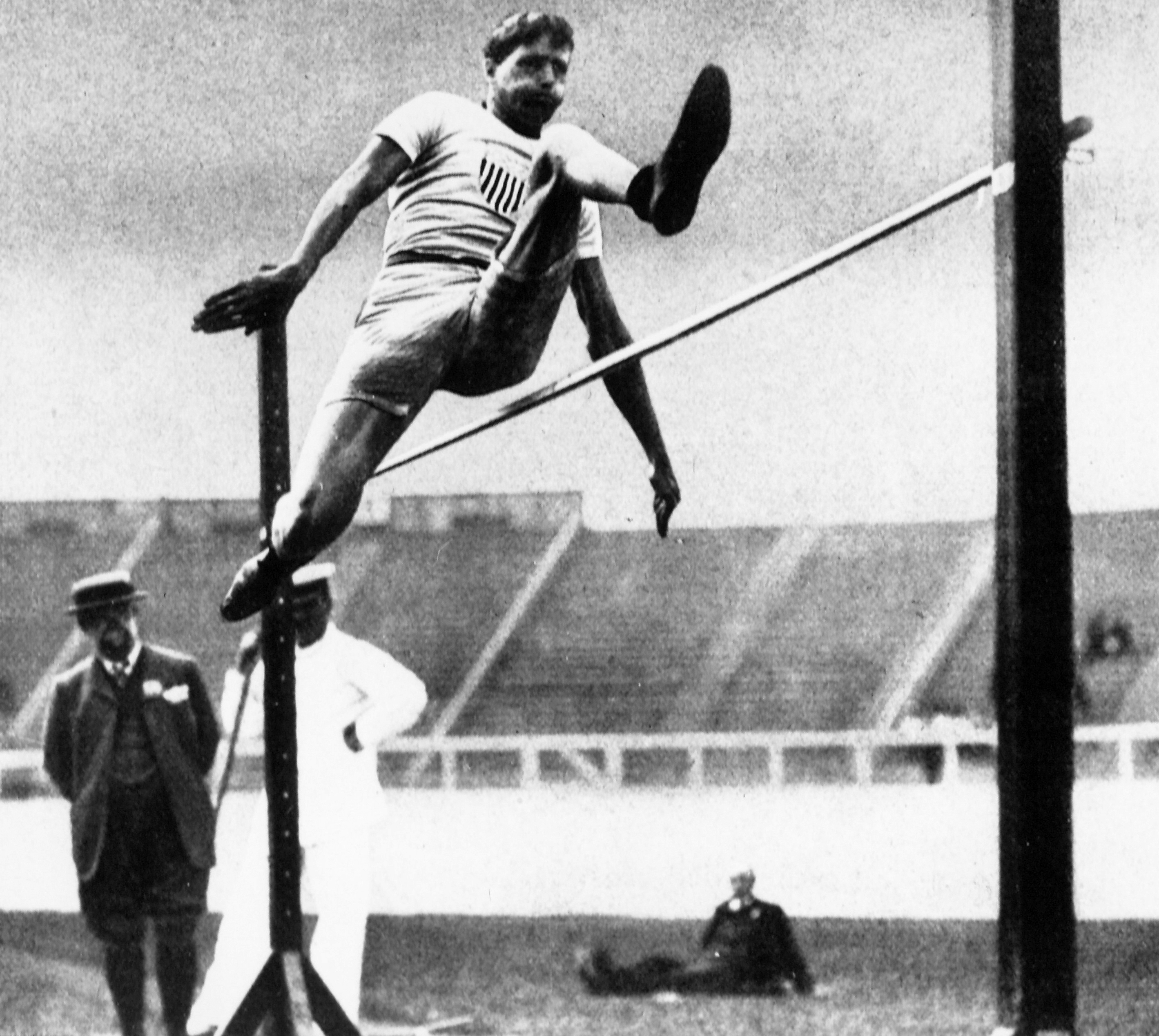
You can find an overview of ongoing debates with our journalists here . Please join us!
If you want to start a conversation about a topic raised in this article or want to report factual errors, email us at english@swissinfo.ch.